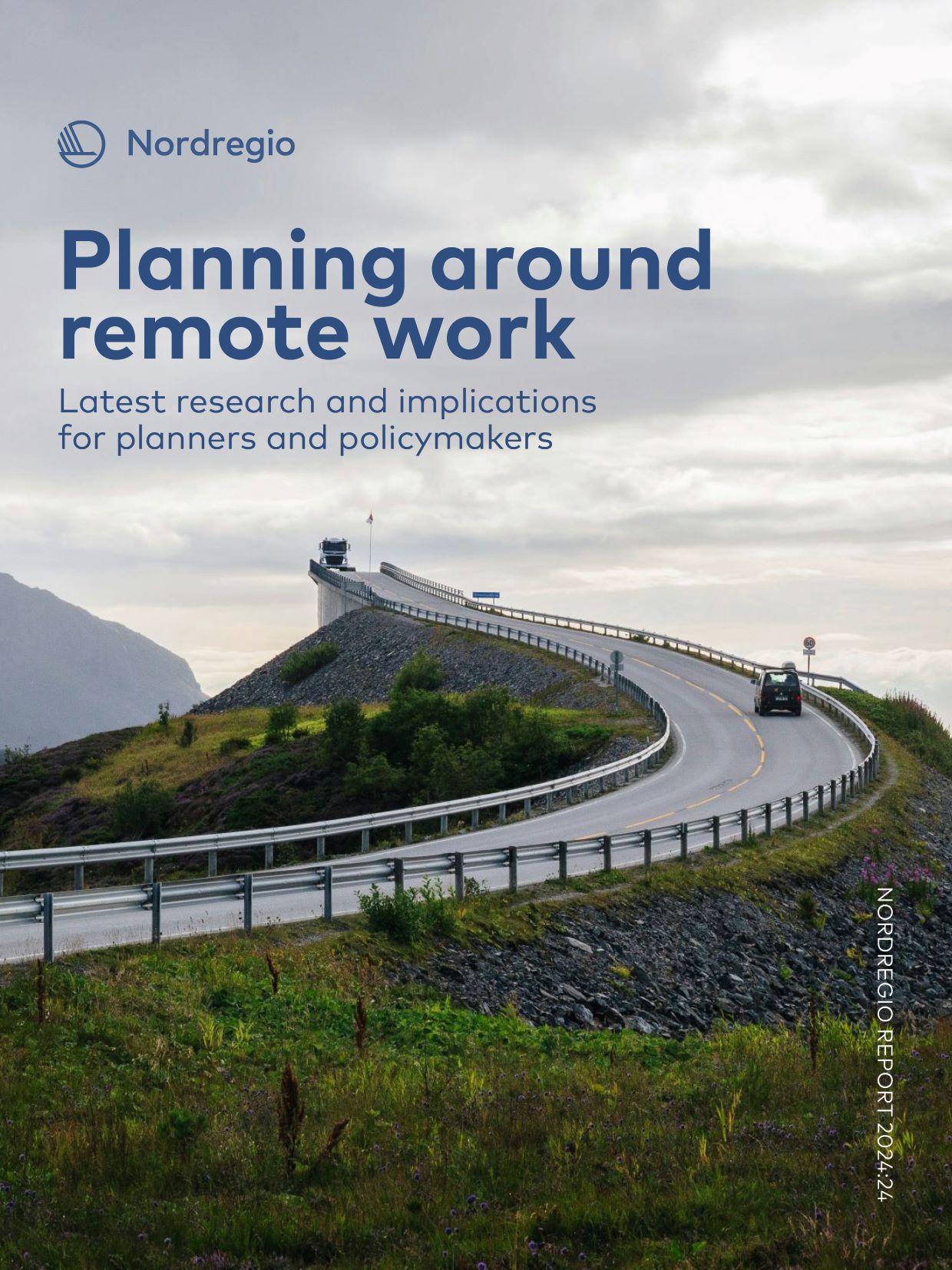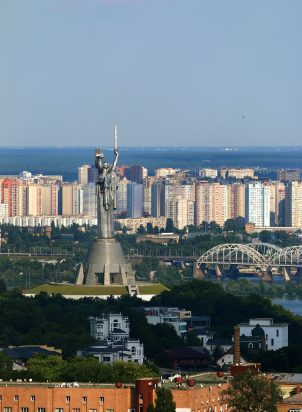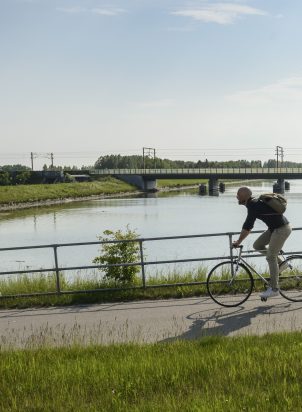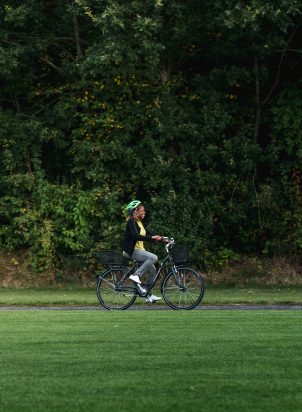Latest research and implications for planners and policymakers
This report examines how remote work is reshaping urban and regional development in the Nordic Region, highlighting remote work’s influence on residential preferences, mobility, workforce distribution, and the attractiveness of rural areas. Six thematic areas are identified as having a spatial impact: transportation, urban-rural linkages, digital nomadism, co-working spaces, housing, urban cores, and polycentric cities.
Exacerbated by the COVID-19 pandemic, remote work has changed how people live and work. Since 2021, Nordregio has studied the tools and policies used in Nordic countries to support remote work. This report aims to discuss the research results within Nordregio’s Remote work and multilocality post-pandemic project and the latest international literature exploring the spatial implications of remote work. In doing so, we understand how remote work can be integrated into urban and regional development, planning, and policymaking within the Nordic Region.
We identified six thematic areas in which remote work practices are making a spatial influence on urban, rural, and regional development: (1) challenges and opportunities for transportation, (2) urban-rural linkages, (3) digital nomadism, co-working spaces, and third places, (4) attractive and affordable housing fit for work-live arrangements, (5) impacts on urban cores, and (6) polycentric cities and the 15-minute city ideal.
The report provides a discussion of planning and policy implications, categorised under three areas: transportation, the built environment, and sustainability. The report highlights several recommendations, such as to safeguard public transport, support investments in measures to boost small-town and rural attractiveness, encourage development according to work-live (mixed-use) designs and 15-minute city principles, promote a diverse and affordable housing supply, enable access to digital infrastructure, plan for residents who also do not have the possibility to work remotely, and reconsider research frameworks and data collection based on the unique spatial patterns of remote work.









